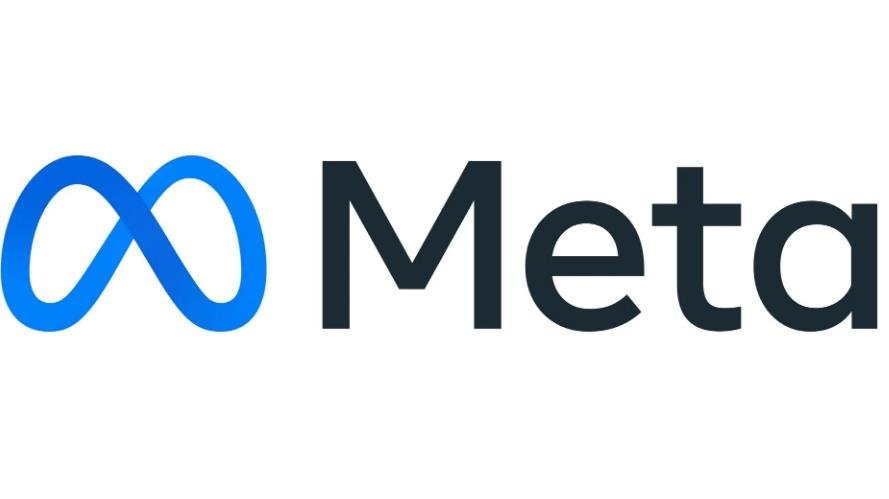On Tuesday, March 5, 2024, millions of users around the world were unable to access Meta’s popular social media platforms, such as Facebook, Instagram, Messenger, and WhatsApp, due to a widespread outage. The outage also affected other services that rely on Meta’s login feature, such as Spotify, Tinder, and Airbnb. The cause of the outage is still unknown, but some experts suspect a network configuration error or a cyberattack.
The outage started around 3:30 pm GMT and lasted for several hours, affecting users in different regions and time zones. Many users reported being logged out of their accounts, seeing error messages, or experiencing slow loading times. Some users were able to access the platforms intermittently, while others were completely locked out.

As a result, many users expressed their frustration and switched to other platforms, such as X, Telegram, Signal, and Snapchat, to communicate and share their thoughts. X saw a surge in traffic and tweets, as users joked about the outage, complained about the inconvenience, or praised the alternatives. Some users also used the hashtag #DeleteFacebook to voice their dissatisfaction with Meta and its services.
Meta apologizes and promises to restore service
Meta acknowledged the outage on its official X account and apologized for the disruption. The company said it was working to resolve the issue as soon as possible and restore service for everyone. Meta did not provide any details on the cause or the extent of the outage, but said it was not related to a distributed denial-of-service (DDoS) attack, which is a common form of cyberattack that overwhelms a website with fake traffic.
Meta’s CEO Mark Zuckerberg also posted a statement on his personal X account, saying he was sorry for the inconvenience and thanking the users for their patience. He said the outage was one of the worst in the company’s history and that the team was working hard to fix it. He also said the outage was a reminder of how important Meta’s platforms are for connecting people and businesses around the world.
Outage raises questions about Meta’s dominance and reliability
The outage was the latest in a series of challenges and controversies that have plagued Meta in recent years, such as data breaches, privacy scandals, antitrust lawsuits, and content moderation issues. The outage also raised questions about Meta’s dominance and reliability in the social media market, as well as the potential risks and impacts of such disruptions on society and the economy.
According to Statista, Meta had over 3.5 billion monthly active users across its platforms as of December 2023, making it the largest social media company in the world. Meta also owns Oculus, a virtual reality company, and Novi, a digital wallet service. Meta’s platforms are widely used for personal, professional, and commercial purposes, such as communication, entertainment, education, marketing, e-commerce, and social activism.
However, Meta’s outage showed how vulnerable and dependent users are on its services, and how a single technical glitch or malicious attack can affect millions of people and businesses. The outage also highlighted the need for more competition and diversity in the social media landscape, as well as more regulation and oversight of Meta and its practices.
















